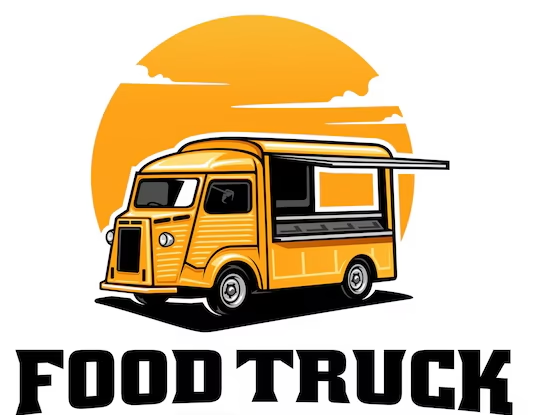Renting a Food Trailer: A Flexible Way to Start Your Mobile Business
Launching a food trailer business canhttp://yourdesignedfoodtrailer.shop be exciting, but purchasing a brand-new trailer might not always be the best financial option. Renting a food trailer offers flexibility, lower upfront costs, and an opportunity to test the market before making a long-term commitment. In this blog post, we’ll explore the benefits, considerations, and steps to renting a food trailer.
Why Rent a Food Trailer?
Renting a food trailer provides several advantages, especially for first-time business owners or those looking for a temporary setup.
- Lower Initial Investment: Avoid thehttp://usedvending.com high costs of purchasing a trailer and equipment upfront.
- Flexibility: Test different locations, food concepts, or seasonal markets without long-term commitments.
- Easy Maintenance: Many rental agreements include maintenance, saving you repair costs.
- Ideal for Short-Term Use: Perfect for catering events, food festivals, or temporary business ventures.
- Trial Before Purchase: Renting allows you to assess the business model before investing in ownership.
How to Rent a Food Trailer
1. Determine Your Needs
Before searching for a rental, outline your requirements—trailer size, kitchen equipment, permits, and intended use.
2. Research Rental Companies
Look for reputable food trailer rental businesses in your area. Check online reviews, visit their facilities, and compare pricing options.
3. Understand the Rental Agreement
Read the contract carefully. Pay http://ebay.comattention to costs, lease duration, maintenance responsibilities, and any restrictions on usage.
4. Inspect the Trailer
Before finalizing the rental, inspect the trailer to ensure it meets safety and health regulations. Check kitchen equipment, plumbing, electrical setup, and ventilation.
5. Secure Necessary Permits
Renting a food trailer doesn’t exempthttp://craigslist.org you from obtaining business licenses, health permits, and local approvals. Ensure compliance before launching.
6. Plan for Branding & Marketing
Even with a rental, branding is crucial. Customize the exterior with your business logo and design appealing menus to attract customers.
Things to Consider When Renting a Food Trailer
- Cost & Payment Terms: http://commercialtrucktrader.comCompare rental fees and determine whether monthly or short-term leasing fits your budget.
- Customization: Some rental trailers may have limited modification options. Check what branding and equipment upgrades are allowed.
- Location Restrictions: Some rental agreements specify where you can operate. Confirm zoning laws and local regulations.
- Equipment Availability: Ensure the trailer comes with essential appliances, or budget for any necessary additions.
- Exit Plan: If you decide to transition tohttp://bing.com ownership, check if the rental company offers lease-to-own options.
Final Thoughts
Renting a food trailer can be a smart http://facebook.com/marketplaceand cost-effective way to enter the mobile food business. Whether you’re testing a new concept, catering for events, or working on a short-term project, renting offers flexibility while minimizing financial risk. By researching rental options, understanding agreements, and preparing for business success, you can get on the road with confidence.

